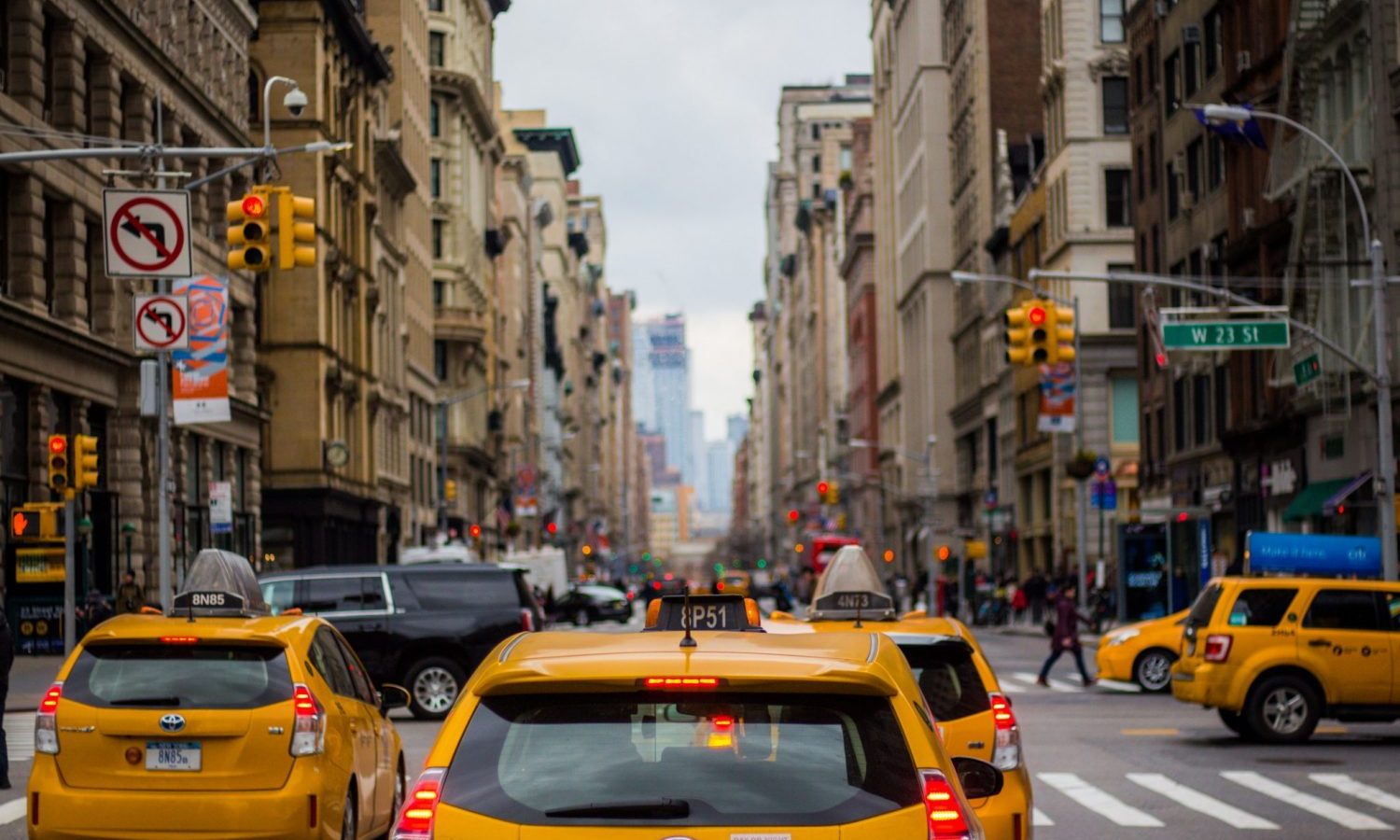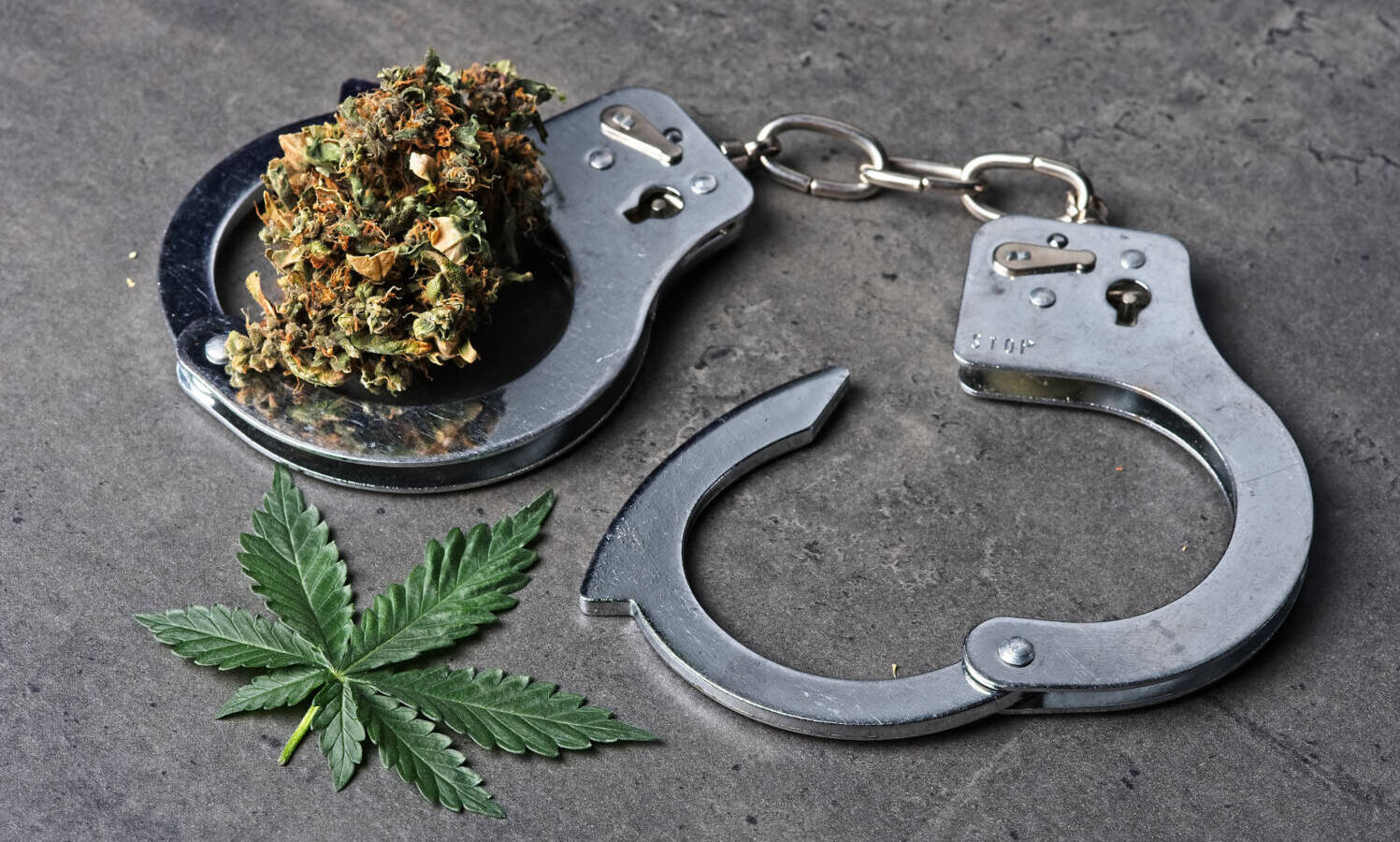The very specific requirements for qualifying applicants, and the system for selecting dispensary locations and assigning applicants to these locations, may complicate the application process.
It is an exciting time in New York, as there is finally momentum towards the first sales in the adult-use cannabis market. Just weeks after Governor Kathy Hochul signed a bill to permit qualified hemp farmers to start growing the first batch of adult-use cannabis, the Cannabis Control Board has released draft regulations that would award the first 100 retail licenses to applicants that meet certain requirements, most notably that an individual applicant or an immediate family member have a past conviction for a marijuana-related offense in New York.
It should be noted up front that state cannabis regulators have extremely difficult jobs balancing a number of conflicting interests. Regulators have tried a number of novel approaches to craft fair and equitable industries in their states, but almost inevitably there has been litigation from parties that do not feel they had a fair shake, sometimes delaying the launch of the entire industry in that state.
RELATED: New York Hemp Farmers Promoting Equity In Cannabis Can Also Grow Weed

The new draft regulations in New York unfortunately may end up with a similar result. Every headline announcing the regulations has focused on the requirement for an applicant to have a marijuana conviction in the family, but the requirements for an applicant to qualify for these conditional licenses unfortunately do not end there. The draft regulations also require that a controlling owner of an applicant needs to “hold or have held, for a minimum of two years, at least ten percent ownership interest in, and control of, a qualifying business, which means a business that had net profit for at least two of the years the business was in operation.” This is potentially problematic for a number of reasons.
First, the stated goal of the regulators is to help families that have been significantly hurt by marijuana convictions. But if these families have been so severely impacted, would it not be extremely difficult to have owned a part of a profitable business? Outside of that potential incongruity, the practical effect of the profitable business ownership requirement is that the pool of possible applicants that could qualify for the license will decrease, to a degree that would appear to be difficult to estimate.
While most states require applicant entities to provide information about their owners and managers to state regulators, these draft regulations are exceptionally detailed in listing out the types of information and documents relating to ownership and control of an applicant entity that are required to be disclosed. The draft regulations are designed to ensure that the individual owners of an applicant that are “justice involved” (i.e. have a marijuana conviction in the family) maintain control of the applicant entity throughout the application process and during the life of the conditional license, barring approval of an ownership transfer by New York regulators.
The other significant part of the draft regulations that should not be overlooked is the insight they provide into the potential locations of the license winners’ dispensaries. New York is trying to create a $200 million fund to support license winners’ real estate requirements. The state is currently utilizing real estate brokers to find over 100 suitable locations for dispensaries, and the state intends to use the fund to enter into leases and manage the construction and equipping of these properties.
On this point, the draft regulations provide that regulators may establish geographic zones throughout the state, and link these to applicants’ scoring point totals. Applicants may be asked to rank their preferences for the geographic zone where their dispensary would be located, and then regulators would assign the applicants with the highest application point totals to their preferred geographic zone. If there are more applicants that request a particular geographic zone than there are leased dispensary locations in that zone (say, New York City!), regulators would assign applicants with lower point totals to another geographic zone.

There is no information as to how applicants in a particular geographic zone would be assigned to specific properties, but it would presumably be a similar ranking system based on points totals.
Taking a step back, the result of this system is that there are certain applicants that may end up with dispensary locations far away from where they live. Applicants that win these conditional retail licenses may have the benefit of being the first to open their doors, and the economic support of the proposed fund, but in exchange they would seemingly sacrifice some autonomy, including selecting the location of their business.
RELATED: New York Senate Gives Green Light To Marijuana Licensing & Equity Bill
To summarize, New York regulators have created a novel approach to the issue of equity within the cannabis industry in the draft conditional retail regulations. Unfortunately, the very specific requirements for qualifying applicants, and the system for selecting dispensary locations and assigning applicants to these locations, may complicate the application process and launch of these conditional retail dispensaries.
Jon Purow is Counsel in the New York office of Zuber Lawler, where he assists clients with their cannabis and/or intellectual property legal needs. When not practicing law or fighting crime as a masked vigilante, Jon is host of the podcast “Cannabis Last Week”, hybrid news/analysis extract from 420+ sources.
This article originally appeared on Zuber Lawler and has been reposted with permission.


